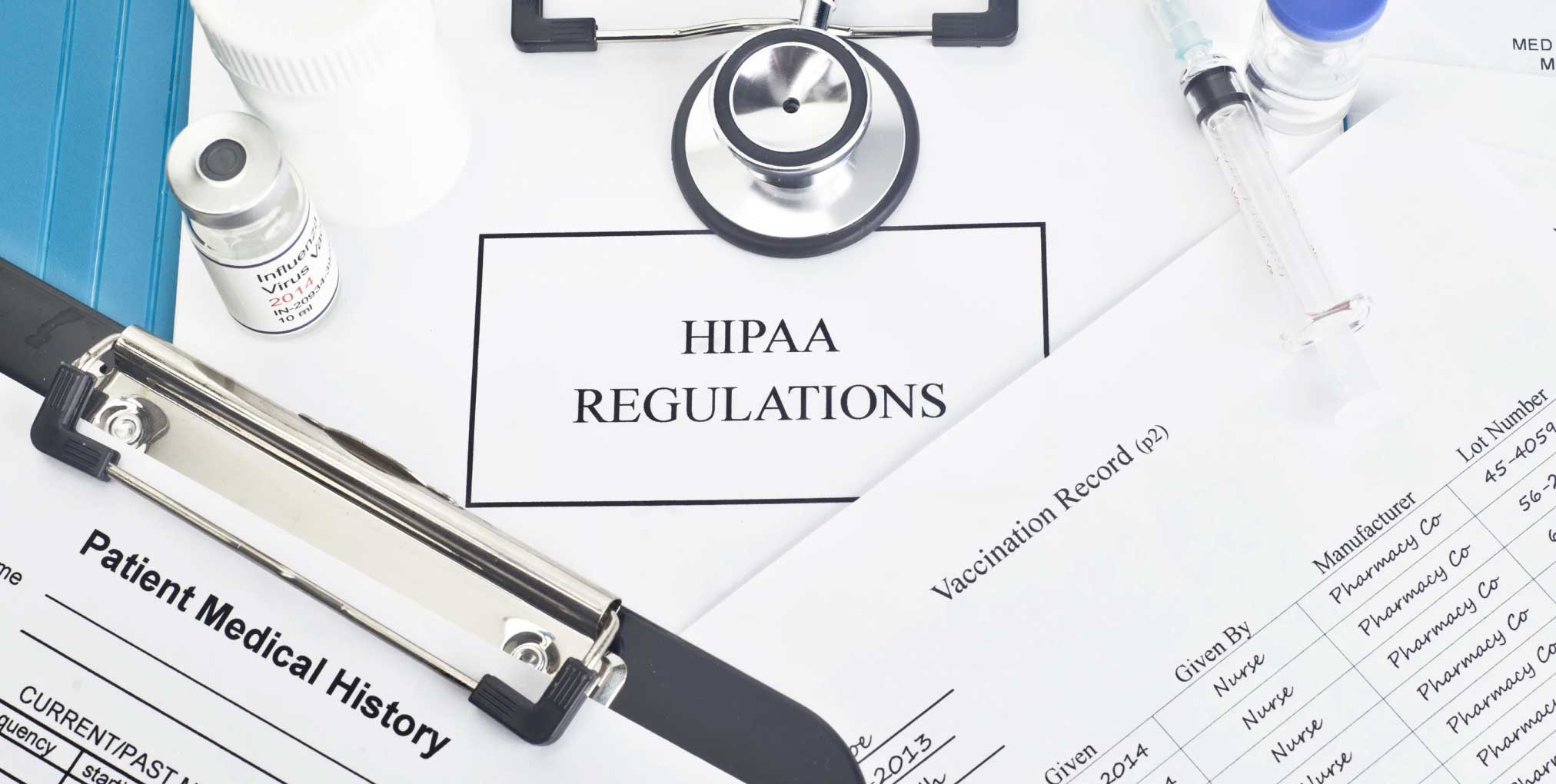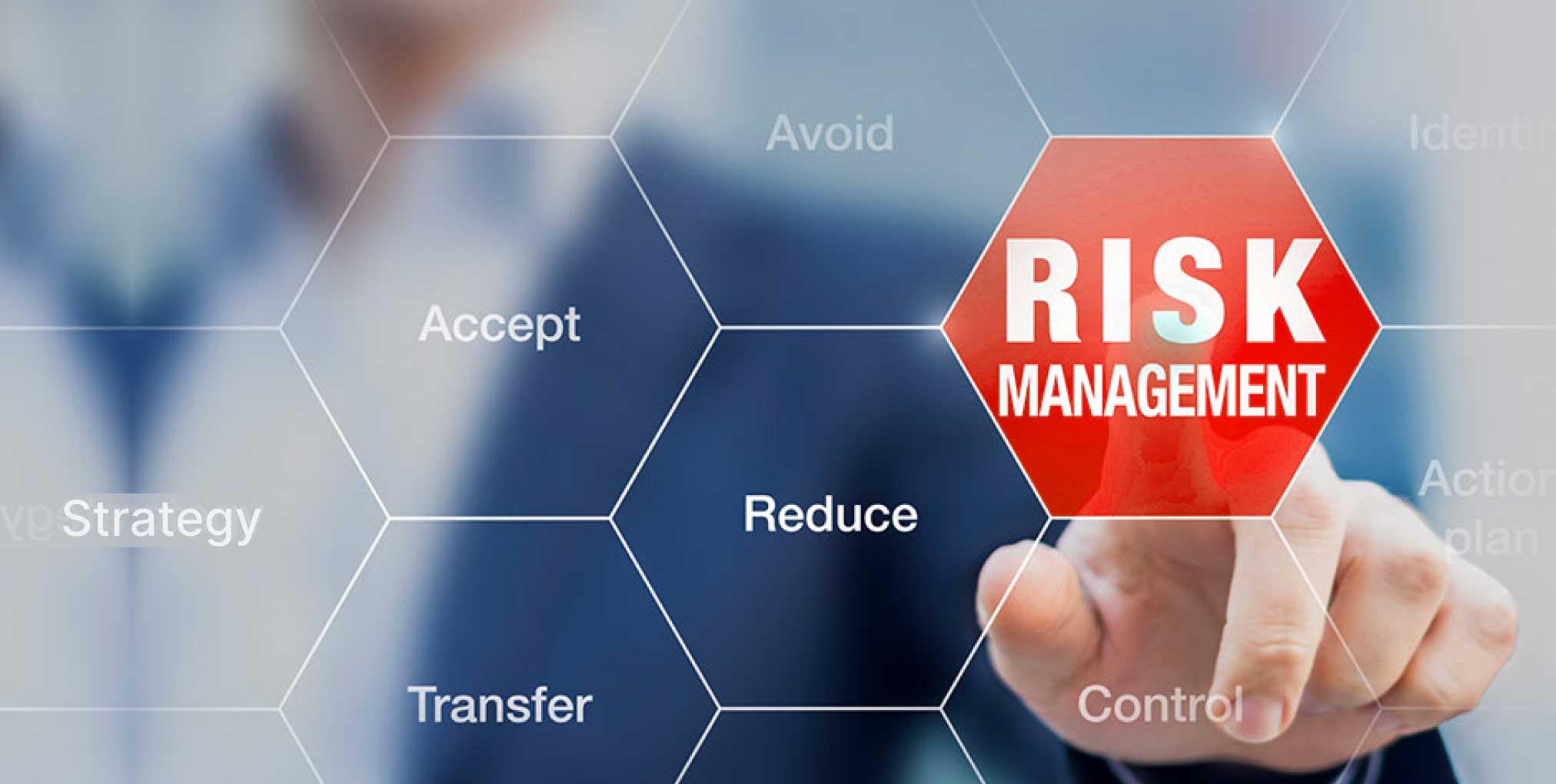

July 26, 2024
Did you know that approximately 70% of healthcare organizations in the United States have experienced a data breach? With the increasing use of technology and digital records, it has become more important than ever for healthcare entities to prioritize patient data security and protect sensitive information. The benefits of healthcare HIPAA compliance go beyond just fulfilling regulatory requirements; they also play a crucial role in ensuring the safety and confidentiality of patient data.
HIPAA (Health Insurance Portability and Accountability Act) was introduced in 1996 to establish standards for protecting sensitive patient data. It sets a national standard for how healthcare providers, health plans, and healthcare clearinghouses handle electronic protected health information (ePHI). While many organizations may see HIPAA compliance as just another regulatory burden, implementing HIPAA best practices has numerous benefits.
This blog will discuss the benefits of Healthcare HIPAA Compliance, why it’s essential for healthcare organizations, and how it promotes patient trust and data security.
Now that we have a basic understanding of Healthcare HIPAA and its role in protecting patient data let’s take a closer look at the top 10 benefits of healthcare HIPAA compliance. From safeguarding patient confidentiality to improving overall efficiency, adhering to HIPAA guidelines can benefit patients and help healthcare organizations thrive.
One of the most significant benefits of Healthcare HIPAA Compliance is enhanced patient data security. HIPAA sets stringent guidelines for safeguarding PHI, which helps prevent data breaches and unauthorized access. Implementing HIPAA best practices protects patient information and develops trust between patients and healthcare providers.
The Security Rule, in particular, requires healthcare organizations to implement robust security measures such as encryption, access controls, and audit controls. These measures protect ePHI from unauthorized access and cyber threats, ensuring that patient data remains confidential and secure.
Patients are more likely to trust healthcare providers who prioritize their privacy and data security. Compliance with HIPAA demonstrates a commitment to protecting patient information, which can enhance healthcare organizations’ reputations and build stronger patient relationships.
When patients know that their health information is handled with care and in compliance with stringent regulations, they are more likely to share sensitive information openly. This openness can lead to better diagnosis and treatment, ultimately improving patient outcomes.

Healthcare organizations that fail to comply with HIPAA regulations can face significant penalties, including fines ranging from $100 to $50,000 per violation. By complying with HIPAA, organizations can avoid these costly consequences and protect their financial stability.
According to a study by the Ponemon Institute, the average cost of a data breach in the healthcare industry is $7.13 million per incident. According to a survey by The HIPAA Journal, 2023 was the worst year on record for hacking attacks, with over 124 million health records compromised in 725 incidents.
HIPAA for professionals includes guidelines that improve administrative processes related to patient data handling. Compliance requires healthcare organizations to implement efficient data management systems, which can lead to improved operational efficiency and reduced administrative burdens.
For example, HIPAA mandates that healthcare providers maintain detailed documentation of their data protection practices and conduct regular risk assessments. These requirements encourage organizations to develop standardized procedures for data handling, which can reduce administrative overhead and improve overall efficiency.
Healthcare HIPAA ensures that patient data is accurate, complete, and up-to-date. This accuracy is vital for providing high-quality care and making informed medical decisions. By maintaining data integrity, healthcare providers can improve patient outcomes and reduce the risk of medical errors.
The Security Rule’s requirements for data integrity controls, such as audit logs and validation checks, help ensure that ePHI remains accurate and reliable. These controls also facilitate detecting and correcting any discrepancies or errors in patient data.
In a competitive healthcare market, demonstrating compliance with HIPAA can set an organization apart from its peers. Patients and partners are likelier to choose a healthcare provider that adheres to the highest data security and privacy standards. This competitive advantage can lead to increased patient acquisition and retention.
Healthcare organizations that invest in HIPAA Compliance can use their compliance status as a marketing tool to attract new patients and partners. By showing their commitment to data security, these organizations can build trust and differentiate themselves from competitors.

Compliance with HIPAA involves regular risk assessments and efficient security measures. These practices help healthcare organizations identify and mitigate potential risks to patient data. Effective risk management is essential for preventing data breaches and ensuring the long-term security of PHI.
Risk assessments help organizations identify vulnerabilities in their data protection practices and develop strategies to address them. These assessments can also inform the development of comprehensive security policies and procedures.
HIPAA for professionals includes requirements for regular staff training on data privacy and security. The training ensures all employees know the importance of protecting patient information and understand their role in maintaining compliance. Improved staff training and awareness reduce the likelihood of human errors that could compromise patient data.
Regular training programs help staff stay up-to-date on the latest HIPAA regulations and checklist for data protection. These programs also provide employees with the knowledge and skills to identify and respond to potential security threats.
HIPAA Compliance can facilitate innovation by providing a secure framework for adopting new technologies. For example, telemedicine and electronic health records (EHRs) can be implemented safely within the guidelines of HIPAA.
By establishing clear data security and privacy standards, HIPAA creates an environment where healthcare organizations can confidently adopt new technologies. This adoption can improve patient care, increase operational efficiency, and reduce costs.
HIPAA Compliance aligns with global data protection standards, such as the General Data Protection Regulation (GDPR). Understanding the importance of GDPR for healthcare is important, as many healthcare providers operate internationally. Compliance with HIPAA ensures that organizations are well-prepared to meet other data protection regulations, reducing the complexity of managing patient data across different jurisdictions.
HIPAA and GDPR share common goals of protecting individuals’ data privacy and security. By complying with HIPAA, healthcare organizations can more easily adapt to GDPR requirements and other international data protection standards.
In conclusion, the benefits of healthcare HIPAA compliance are numerous and impactful. From protecting patient confidentiality to avoiding legal consequences, adhering to HIPAA regulations is essential for all healthcare organizations.
By implementing best practices and strict security measures, healthcare entities can ensure the safety of sensitive patient data and improve their overall efficiency and productivity. Compliance with HIPAA also helps build trust between patients and their healthcare providers, ultimately enhancing the organization’s reputation. So ensure your organization follows HIPAA guidelines to reap these valuable benefits and safeguard your patients’ well-being and your organization’s success.